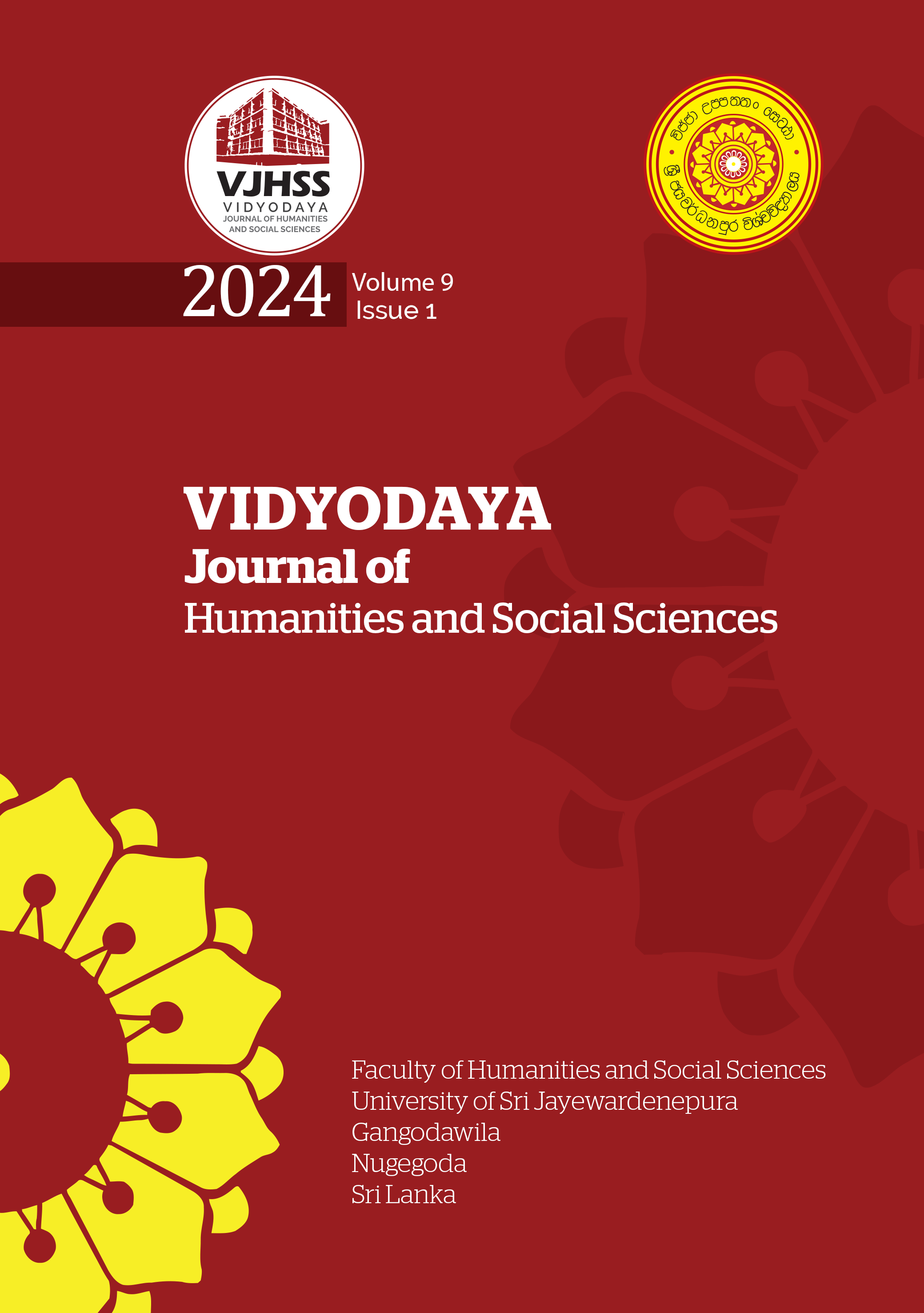Factors Influencing Tax Evasion: The Perception of Sri Lankan Medium-Sized Taxpayers
Abstract
This quantitative study investigates the taxpayers’ perceptions of tax evasion. The tax evasion determinants were considered as institutional, economic, socio-psychological, and political and legal factors. Using a 5-point Likert scale, this study looked at 436 medium-sized entrepreneurs in the Colombo district to determine the most influential determinant of tax evasion. The survey responses were gathered through a questionnaire. The results show that socio-psychological and economic factors have a significant and negative impact on medium-sized taxpayers’ income tax evasion behaviour while institutional and political and legal factors have a weak association on tax evasion. The findings show that tax evasion is influenced by socio-psychological factors such as fairness of the tax system, moral obligation, and social influences, as well as economic factors such as tax rates, penalties, audit, and taxpayer privileges. The results highlight that in the Sri Lankan context, socio-psychosocial factors are regarded as a very crucial determinant that impacts individual income tax evasion. In addition, it offers insight into the influence of gender of business owner on tax evasion behaviour. Results suggest that medium-sized taxpayers’ tax evasion behaviors could be changed if tax policy decisions contemplate more on taxpayer’s psychological condition and affordability to pay tax. Distributing the tax burden to a greater number of taxpayers will help to increase tax compliance.



